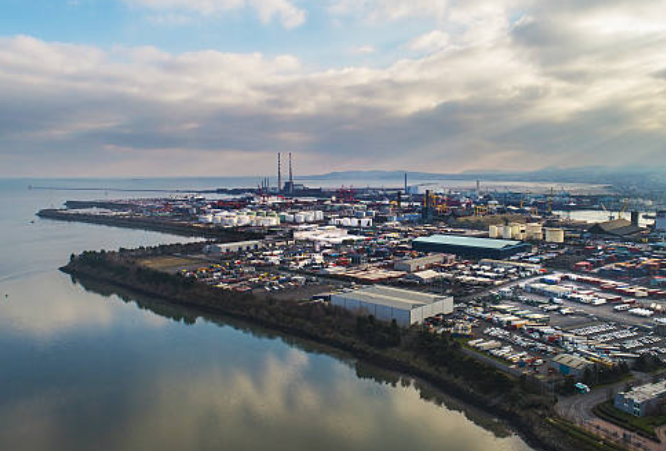
Posted on Tuesday, October 15, 2024
As the construction and manufacturing sectors continue to grow in Ireland, the demand for efficient and versatile machinery, such as roll forming machines, is on the rise. These machines are essential for producing a wide range of metal components, making them vital for various industries, including construction, automotive, and manufacturing. If you're considering importing roll forming machines into Ireland.
Roll forming machines are used to shape metal strips into desired profiles by passing them through a series of rollers. They are capable of producing components such as roofing sheets, wall panels, gutters, and more with high precision and efficiency. Understanding the types of roll forming machines available is crucial before starting the import process:
Start by identifying reliable manufacturers or suppliers of roll forming machines. Consider factors such as:
Importing machinery into Ireland requires compliance with specific regulations. Familiarize yourself with the following:
Gather all essential documents required for the import process:
Decide on the shipping method that best suits your needs:
Work with a freight forwarder to handle logistics, including arranging transportation, customs clearance, and delivery to your facility.
Once your roll forming machine arrives, you’ll need to consider installation and training:
After successfully importing your roll forming machine, it’s essential to maintain it properly to ensure longevity and efficiency:
Importing roll forming machines into Ireland can be a straightforward process when you understand the necessary steps and regulations. By researching suppliers, ensuring compliance with standards, and preparing the right documentation, you can successfully navigate the import process. As your business grows, investing in high-quality roll forming machines will significantly enhance your production capabilities, allowing you to meet the increasing demands of the market efficiently.

Used Purlin Roll Forming Machines for Sale Worldwide
Posted on Sunday, January 25, 2026
Pre-Owned Roll Forming Machines for Purlin & Structural Steel Profiles

Used Roof Panel Roll Forming Machines for Sale Worldwide
Posted on Sunday, January 25, 2026
Pre-Owned Roll Forming Machines for Roofing Panel Production

Used Roll Forming Machines for Sale Worldwide
Posted on Tuesday, January 20, 2026
Pre-Owned Roll Forming Machines with Inspection, Verification & Global Support

Steel Coil Supply for Roll Forming Machines Worldwide
Posted on Tuesday, January 20, 2026
Reliable Steel Coil Supply for Roll Forming, Fabrication & Manufacturing Applications
Copyright 2026 © Machine Matcher.